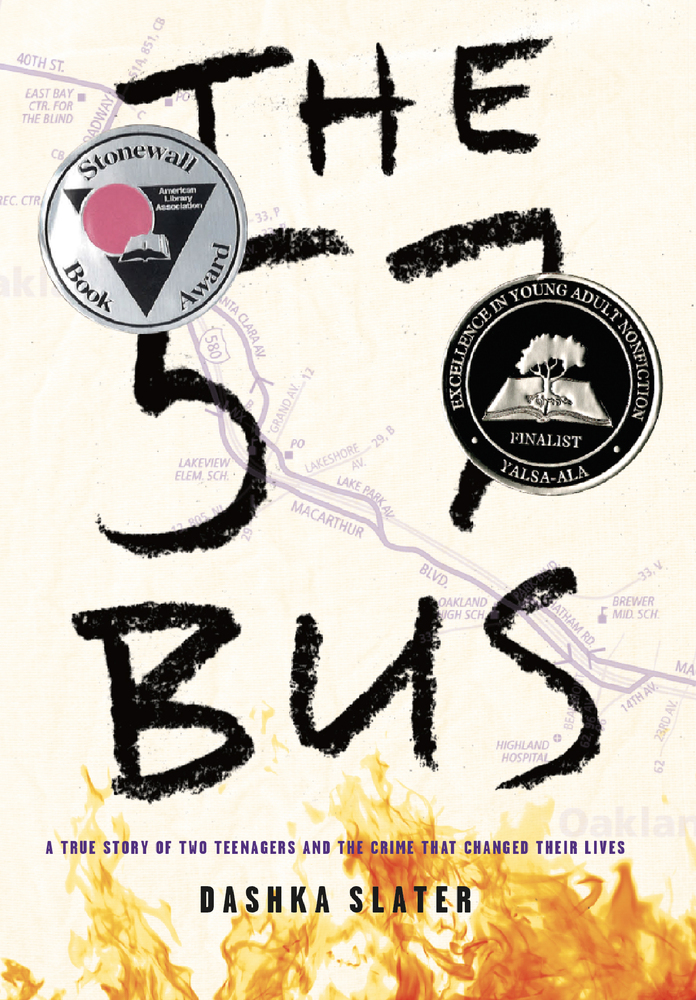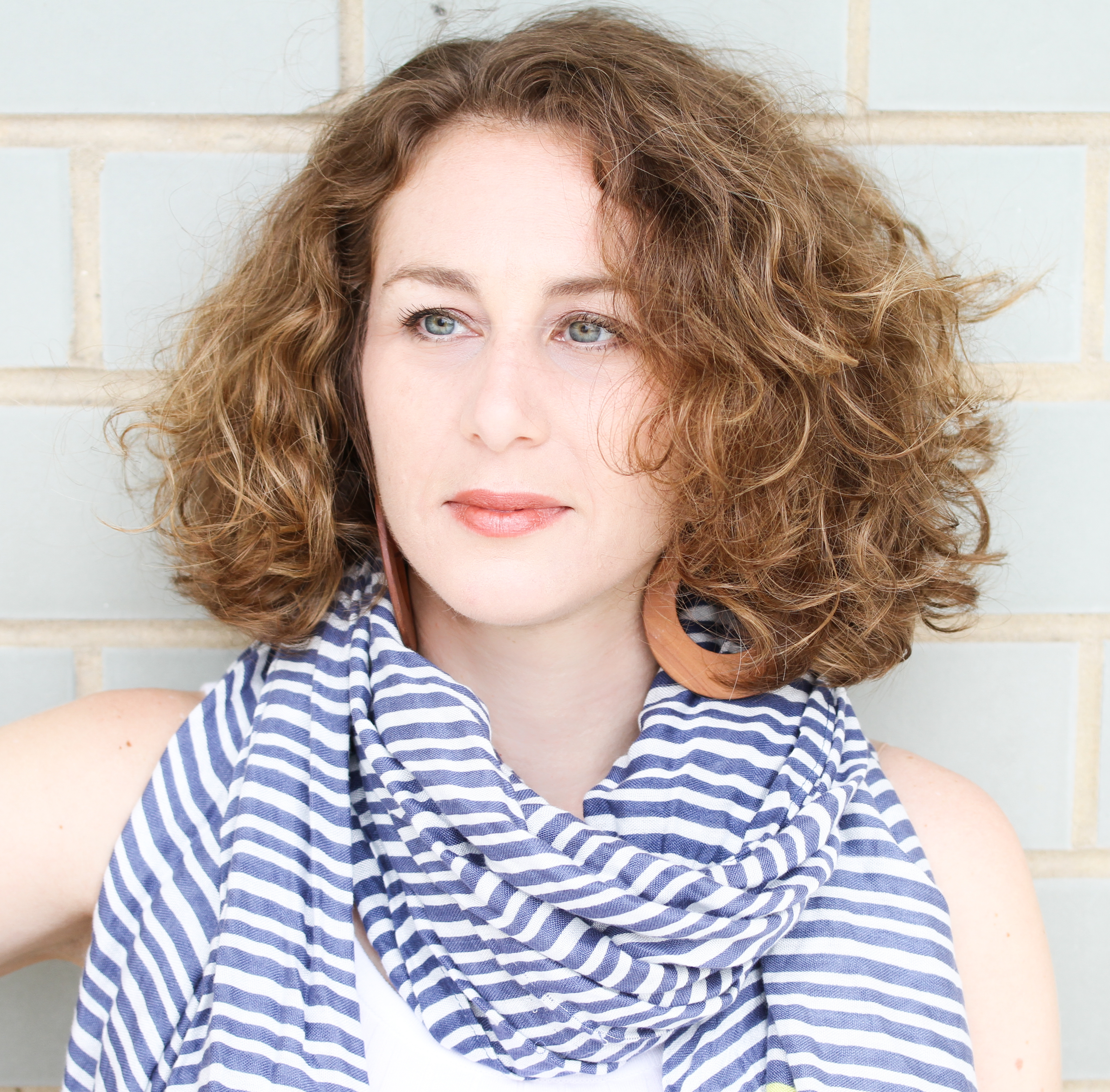Angie Thomas is the reigning queen of the New York Times bestseller list for her spectacular YA debut novel, The Hate U Give, about a black girl who witnesses a horrific crime and has to decide how to navigate her own survival and response.
Published by Balzer + Bray, the book earned eight stars, has been optioned by Hollywood, and has become required reading for every teen in America and their families as well.
“It’s relevant, it’s beautifully written, it’s powerful, and it’s unflinching,” Lin Oliver said.
“Today,” Angie said, “I am her to beg you to change our world.... I’m here to tell you that it’s possible to change the world, and has writers and illustrators, you have the power to do just that.”
Growing up, Angie was a shy kid. She didn’t know she had a voice, or that it mattered. And her neighborhood was a hard one to grow up in. It was the kind where there was sometimes gunfire at night, and she didn’t see her story in books—though she saw it on the nightly news.
“When I was a kid, publishing failed me. As a teen, I did not read.” The two books that were big when she was that age were Twilight and the Hunger Games, books she did not relate to. “I rarely saw myself as the hero in books. Kids like me were usually the sassy sidekicks. Sometimes we were just there for the jokes.”
Hip hop music was her introduction to seeing herself in art and activism. The songs felt like they were about her; books didn’t do that. “Activism is messy. It’s hard. It challenges. It makes people uncomfortable. It makes governments uncomfortable.”
When she decided to become an author, she said, “I wanted to write the way that rappers do.”
She wants us to do that too—meaning, make things messy. Make people uncomfortable.
She talked about the way people write off kids and teens, calling them dramatic. But she wasn’t a teen all that long ago, and she remembers how hard it was. When she was a teenager and middle-grade kid, it never seemed like anyone cared about what she had to say.
“Our readers have value. Their voices and their opinions are some of the most valuable in the world.” Teens drive trends. They affect language. They feed ideas into the fashion industry “just by being themselves. So why not write for them?”
“The most important thing for you to do is examine why you do it. And that might help you understand how.”
When Angie was in first grade, she overheard her teacher wonder why she was wasting her time teaching little black kids who’d just end up on the streets. Her third grade teacher, on the other hand, told Angie and her black classmates that they could do whatever they wanted when they grew up, even if it was going to be a little harder.
When you respect your readers, it affects how you write and illustrate for them, she said. So how can that affect how you do what you do?
Well, one thing she doesn’t want us to do: “Diversity is not a trend. Don’t think if you make your character black or Latino it will sell. I’m here to tell you the honest truth. That’s dehumanizing.”
“If you want to write marginalized characters who are not like you, OK, fine. I will beg you if you’re going to write a character who does not share your marginalization, please put in the work.”
Kids who are like your characters should not be harmed by the representation in your books.
The best part of her publishing experience has been the feedback she’s gotten from readers. Even the children of white supremacists have reached out and told her they have been changed as a result. Black kids see themselves in the text and on the cover.
Creating empathy and understanding: “That, my friends, is how you change the world.”


















































